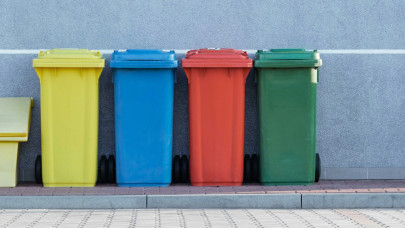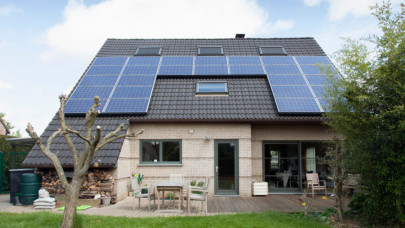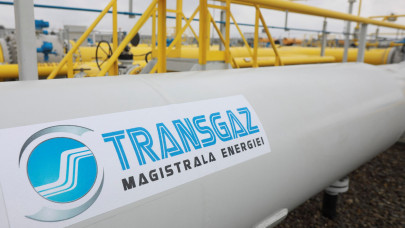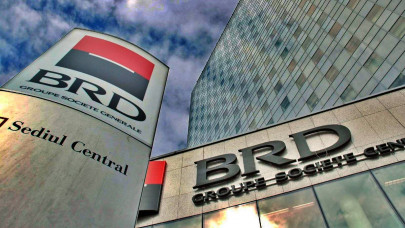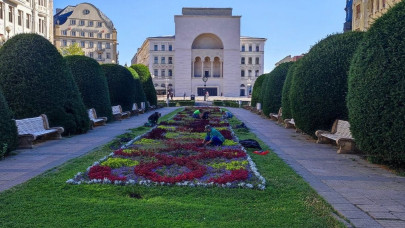At the same time, 85% of all those questioned declare that they show a rather passive attitude if we refer to actions to support the cause. Against this background, 48% of Romanians state that they are occasionally involved in sustainable activities, the most frequent behavior being the selective collection of waste, while only 15% are actively involved in various sustainable activities, the majority being mature people without a partner (20% ).
Seven out of ten Romanians think that investments in technological innovations will bring solutions to the problems of sustainability in society and that they will outline a better future.
Among the most important sustainability issues mentioned by the respondents are: air pollution, deforestation, waste pollution, the quality of food produced on a large scale, and global warming. Romanians believe that to reduce these threats and achieve significant changes, coordinated efforts are needed from companies (75%), individuals (74%), and governments (71%).
Regarding the level of trust in technological innovations, 72% of those surveyed declared that they can bring significant solutions to current sustainability issues.
The results of the specialized research reveal the fact that, in general, Romanians show a low willingness to consume sustainably, with more than half of Romanians (57%) declaring that they think about sustainability from time to time, but without having taken it into account until now to consume sustainably. On the other hand, for 28% of Romanians, sustainable behavior is a constant concern, they try to consume as sustainably as possible, especially women (35% vs. 20% men), retired seniors (43%), and modern families (37 %).
The main factors influencing purchase decisions are affordable price (84%), attention to natural ingredients (81%), manufacturing in a responsible way (74%), production without harming the environment (73%), and proximity (73%).
Regarding the actions of companies that have the greatest potential to determine a (more) responsible consumption behavior among citizens, they are: encouraging recycling (19%), educating the population by promoting sustainability (11%), and using packaging or ecological materials (10%).
Also, almost two-thirds (63%) of respondents believe that recycling all materials that can be recycled is the most urgent sustainability issue that needs to be addressed in the next five years. Moreover, 57% of Romanians believe that, in a maximum of five years, companies should be taxed according to the carbon footprint they emit, so that they become more active in trying to reduce pollution.
The Reveal Marketing Research study was conducted online between October 17 and 25, on a sample of 1,013 people, and the maximum sampling error for the general target is +/-3.1%, at a 95% confidence level.


